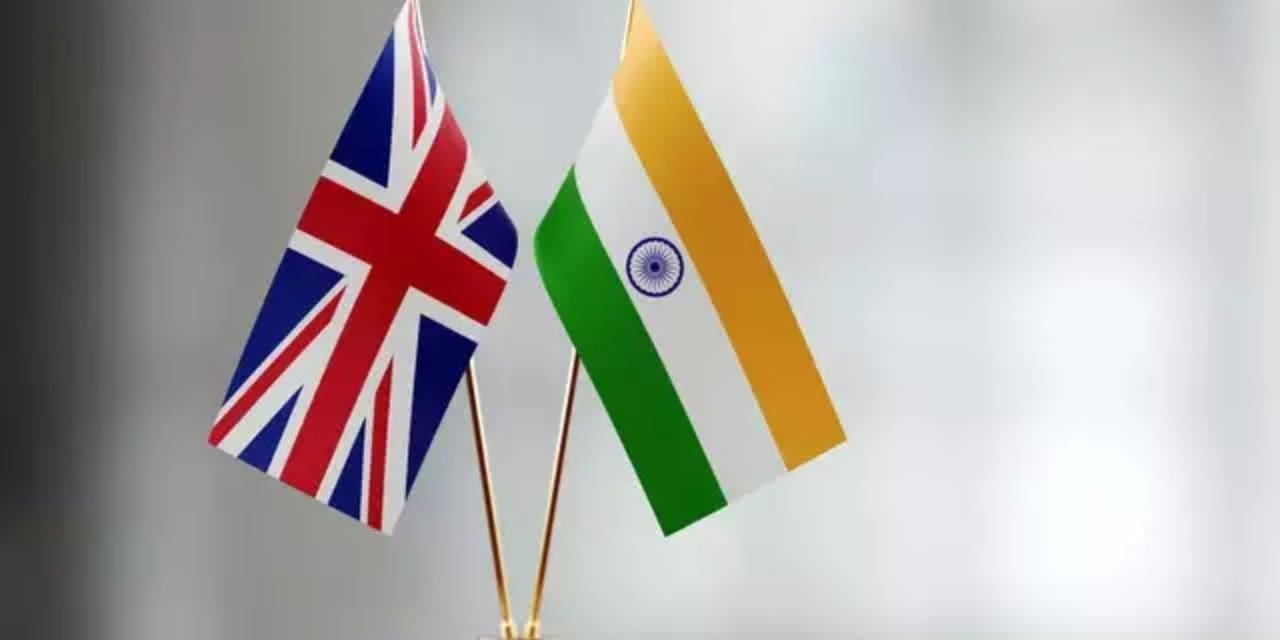With the United Kingdom (UK) gearing up to implement a carbon levy for imported goods, India is actively negotiating the proposed free trade agreement (FTA) between the two nations in the hope of securing provisions that could mitigate the impact on its exporters.
Sources familiar with the matter revealed that India has been engaged in discussions with both the UK government and the European Union (EU) regarding the Carbon Border Adjustment Mechanism (CBAM), commonly known as the carbon tax. These talks have not only been focused on the CBAM but also on the potential inclusion of provisions in the FTA that could offer relief to Indian exporters.
The UK’s plan to introduce the CBAM stems from its commitment to combat climate change, and it intends to implement the mechanism over the next couple of years.
Under this system, any country exporting goods to the UK will be liable to pay a carbon tax based on the product’s carbon footprint. Consequently, importing nations will face higher tariffs. In preparation for the levy’s implementation, the UK government commenced a 12-week consultation period in March to address concerns about carbon leakage risks. In a similar vein, the EU’s transitional phase of the CBAM went into effect on October 1.
A recent report from a New Delhi-based think tank highlighted the need for India to exercise caution regarding the UK’s proposed carbon tax and advocated for suitable text to be inserted into the FTA chapters to address its potential repercussions. The report, compiled by the Global Trade Research Initiative (GTRI), warned that once the CBAM is launched, UK products will continue entering India duty-free, while Indian goods may be subject to tariffs of 20-35% equivalent to CBAM charges.
The implications of the CBAM have raised concerns in India, prompting discussions on potential market access issues with trading partners. Indian authorities argue that measures like the carbon tax risk entangling environmental concerns with trade matters.
Initially, India and the UK had unofficially set their sights on finalizing the long-awaited trade deal this week in the presence of Prime Minister Narendra Modi and his British counterpart, Rishi Sunak, in New Delhi. However, due to lingering differences between the two sides, more time is required to iron out the details of the proposed agreement.
Although negotiations are reportedly in the final stage, officials stress that nothing is concluded until all outstanding issues are successfully addressed. Talks are ongoing at every level to ensure the text is cleaned up where in-principle agreements have been reached.
While progress has been made on most fronts, including non-trade aspects such as digital trade, gender, and labour, the main challenge lies in determining rules of origin, as well as in the goods and services sectors. Specifically, the UK’s push for expanded market access to the Indian automobile market remains a contentious issue.
Government officials anticipate that the India-UK FTA if finalized, will be a significant milestone, representing a departure from the country’s previous trade agreements. As the negotiations continue, India hopes to secure provisions in the FTA that will provide relief to its exporters impacted by the UK’s carbon levy, thereby balancing its commitment to environmental sustainability with the interests of its trade partners.

